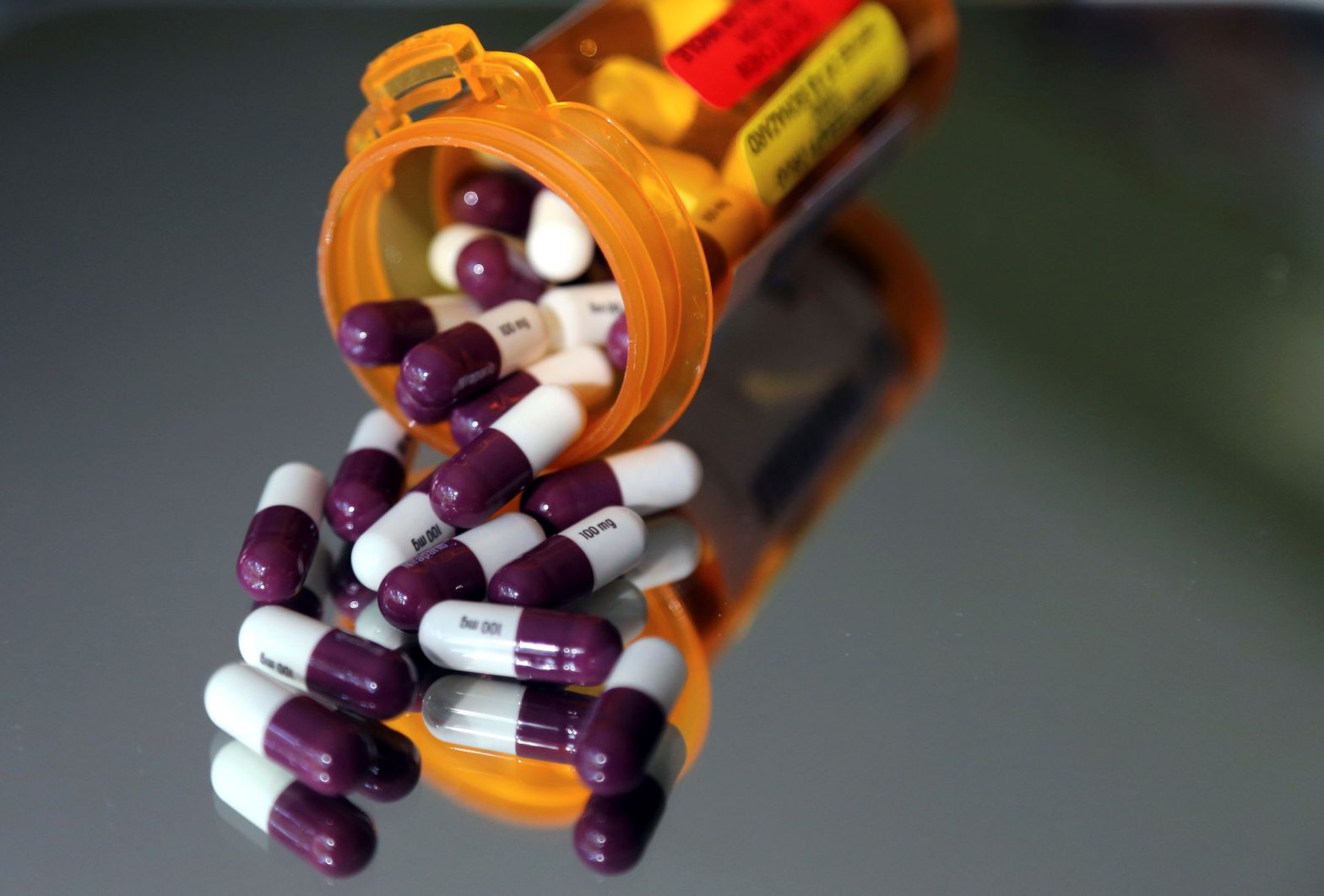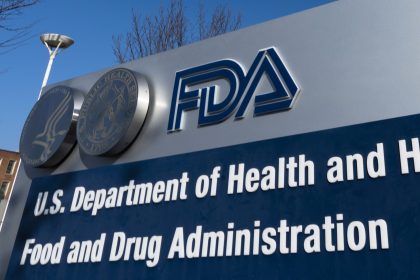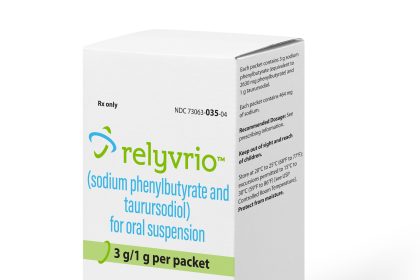Both Sides Lay Cards on The Table on Drug Pricing

WASHINGTON – A trio of House Democrats, including House Speaker Nancy Pelosi, D-Calif., and Rep. Carolyn Maloney, D-N.Y., chair of the House Committee on Oversight and Reform, accused the nation’s largest pharmaceutical companies on Thursday of being more concerned with “self enrichment” than in the well-being of the customers who rely on them for prescription drugs.
Joined at a mid-afternoon press conference by Rep. Peter Welch, D-Vt., and patient advocates, the Democrats based their attacks on the industry on a new report, the seventh Maloney’s committee has issued on drug prices since it began investigating the issue 2 ½ years ago.
The findings of the latest report, Maloney said, are based on an analysis of the financial data of the 14 largest drug companies in the world.
What the committee found, the Democrats said, is that the leading drug companies have routinely spent more on stock buybacks, dividends to investors, and executive compensation than on research and development.
“This analysis also reveals that drug companies’ claims that reducing U.S. prescription drug prices will harm innovation is overblown,” Maloney said.
The participating members of Congress are pushing hard for the passage of H.R. 3, the Elijah E. Cummings Lower Drug Prices Now Act, which, among other things, empowers Medicare to negotiate directly with drug companies to lower prices.
The press conference came at a time when Democrats appear committed to passing some form of legislation this year curbing prescription drug prices, but disagree considerably on the details.
The Congressional Budget Office has estimated that H.R. 3’s negotiation provisions would save taxpayers $456 billion over 10 years, Pelosi said.
She went on to assure reporters on the conference call that even with the Act in place, drug companies could maintain or even exceed their current research and development expenditures, if only they were willing to reduce their spending on buybacks, dividends and executive pay.
Pelosi said she plans to push the legislation through the House by budget reconciliation, which would mean it could pass the Senate without Republican backing.
In response Brian Newell, a spokesman for industry association PhRMA, said while the organization couldn’t speak to the specific examples cited in the report, “this partisan exercise is clearly designed to garner support for an extreme bill that will erode Medicare protections and access to treatments for seniors.”
According to the report, between 2016 and 2020, the 14 companies under the microscope spent $577 billion on stock buybacks and dividends — $56 billion more than they spent on research and development during the same period.
“One company, Amgen, spent nearly six times as much on buybacks, dividends, and executive compensation as it did on R&D in 2018,” said Welch.
Meanwhile, the Democrats reported, from 2016 to 2020, compensation for the 14 companies’ top executives totaled $3.2 billion, with annual compensation growing by 14% over that five-year period.
Some companies paid their CEOs tens of millions of dollars as they raised prices on drugs relied on by millions of Americans, Pelosi said. At the same time, the Democrats concluded, many of these companies actively sought to suppress generic and biosimilar competition “while continuing to raise prices.”
But PhRMA’s Newell begged to differ.
“Every year, biopharmaceutical research companies invest tens of billions of dollars in the research and development of new cures and treatments, as well as our significant investments in time and resources creating treatments and vaccines to combat the global pandemic,” he said.
“Nonpartisan experts have highlighted the fact that net prices for medicines are trending down while patients continue to struggle with high deductibles and other out-of-pocket costs.
“We have put forward ideas that would lower costs at the pharmacy, while preserving choice, access and innovation. We are committed to working with policymakers on commonsense, bipartisan solutions that address the real challenges patients face. Working together we can make sure medicines are affordable and accessible for everyone,” Newell added.























